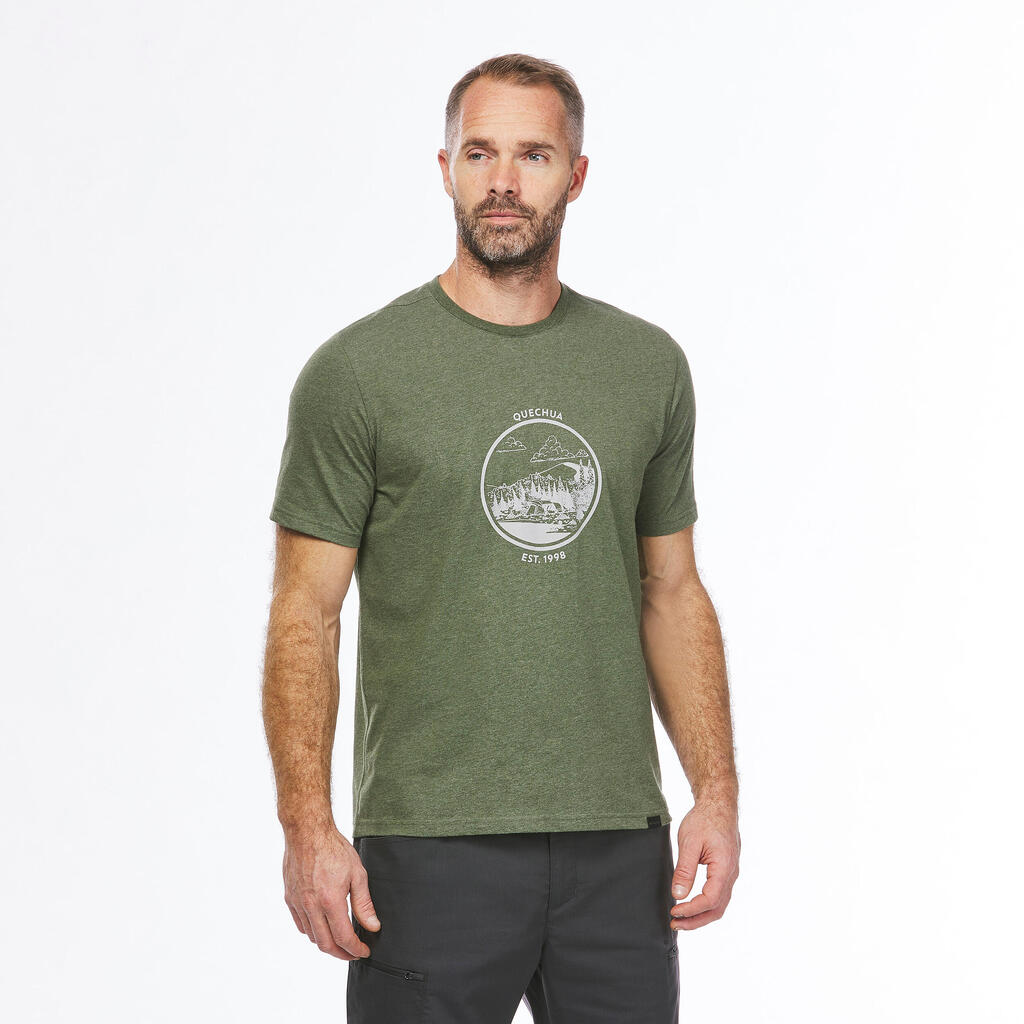Test product
Our design team imagines, creates and designs the Quechua products at the foot of the Mont Blanc, in France.
We test them in the field with other hikers, to check their comfort. In the Fontainebleau Forest, Brittany or even Corsica for example. We go to as many different places as possible, in all weather conditions. This creates plenty of opportunities for discussions to get your feedback which is used to plan our future products!
Agree by
To meet your requirements, Quechua products are tested out in the heart of nature in the type of conditions you may encounter during your hikes. Our teams, as well as a tester panel (made up of partners, ambassadors and customers), test products throughout their development until they go to market.








